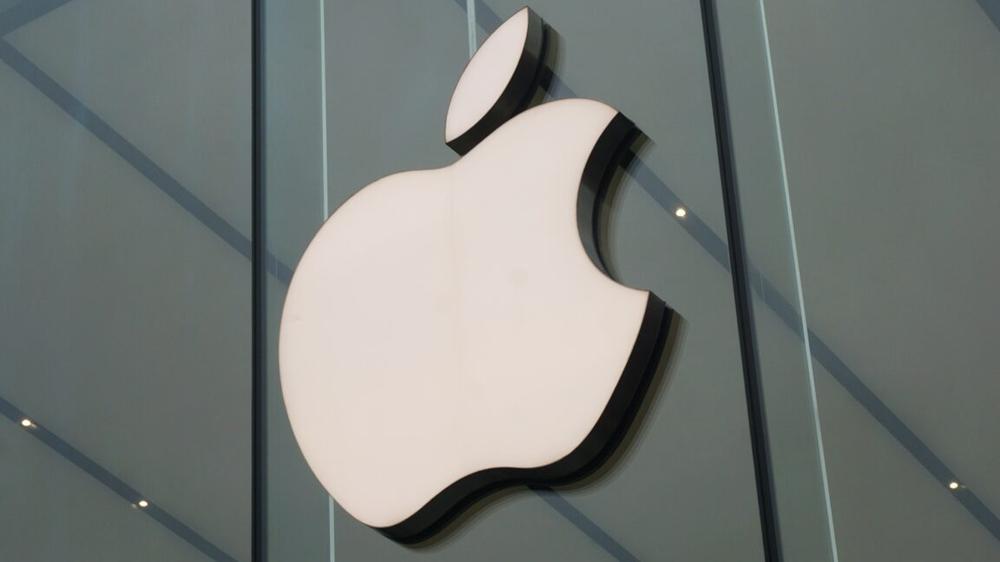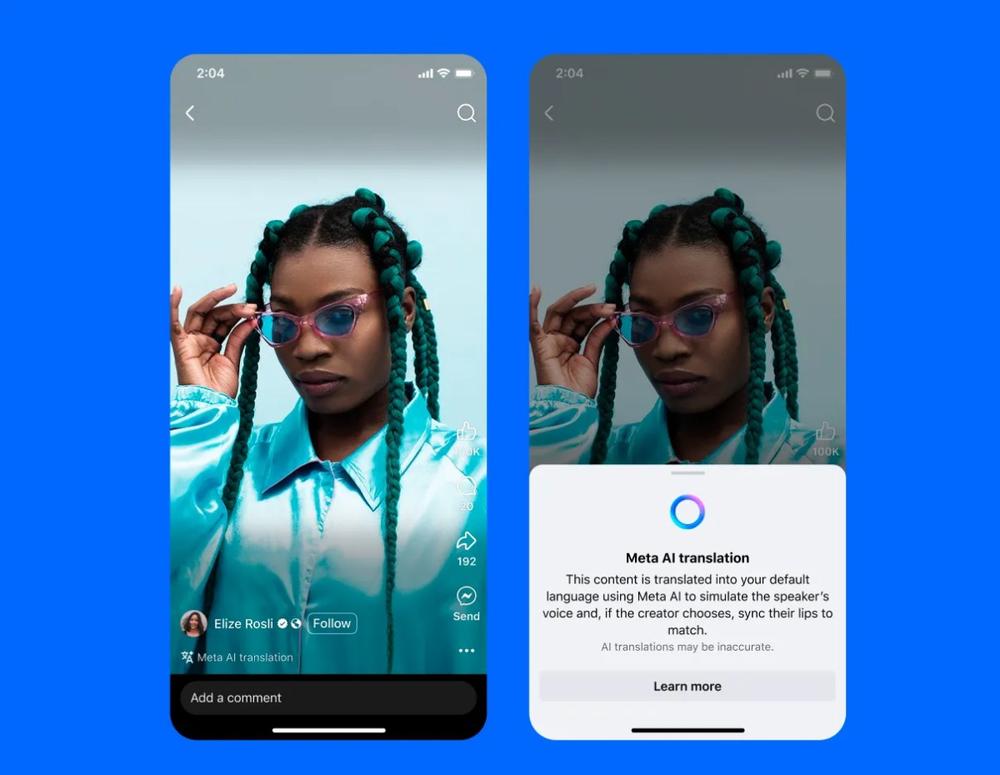The UK has dropped its demand that Apple create a backdoor for government security officials to access encrypted data, according to US Director of National Intelligence Tulsi Gabbard.
Gabbard wrote in a post on X last night that she has "been working closely with our partners in the UK... to ensure Americans' private data remains private and our Constitutional rights and civil liberties are protected. As a result, the UK has agreed to drop its mandate for Apple to provide a 'back door' that would have enabled access to the protected encrypted data of American citizens and encroached on our civil liberties."
Reports surfaced in February that the UK served Apple with a secret order, known as a Technical Capability Notice, under its Investigatory Powers Act (IPA) or so-called "Snoopers' Charter." Apple appealed the order and refused to break its end-to-end encryption, opting instead to remove iCloud's Advanced Data Protection feature from the UK market.
The UK government hasn't directly confirmed or denied Gabbard's claim that it agreed to drop the demand. "We do not comment on operational matters, including confirming or denying the existence of such notices," a UK government spokesperson told news organizations.
JD Vance intervened, US official says
The BBC said it "understands Apple has not yet received any formal communication from either the US or UK governments." We contacted Apple today and will update this article if it provides a response.
A Financial Times article yesterday said that "[Vice President] JD Vance, who was recently on holiday in the UK, intervened to ensure Britain agreed to withdraw an order that sought to force Apple to break open encrypted data stored in its iCloud system that even the iPhone maker itself is normally unable to access, according to a US official."
"The vice president negotiated a mutually beneficial understanding that the UK government will withdraw the current backdoor order to Apple," the US official told the Financial Times.
The Financial Times reported last month that UK officials were "seeking a way out of a clash with the Trump administration over the UK's demand that Apple provide it with access to secure customer data." The report paraphrased unnamed UK officials as saying that "the UK decision to force Apple to break its end-to-end encryption... could impede technology agreements with the US."
Backdoors weaken security
Security experts and technology companies have long warned that backdoors allowing governments to access encrypted systems would inevitably be discovered and used by bad actors. Nvidia Chief Security Officer David Reber Jr. recently said, "There is no such thing as a 'good' secret backdoor—only dangerous vulnerabilities that need to be eliminated."
Apple told the UK government in March 2024 that the Investigatory Powers Act is too broad. "Under the current law, the UKG [UK government] can issue a 'Technical Capability Notice' that seeks to obligate a provider to remove an 'electronic protection' to allow access to data that is otherwise unavailable due to encryption... Moreover, the IPA purports to apply extraterritorially, permitting the UKG to assert that it may impose secret requirements on providers located in other countries and that apply to their users globally," Apple said at the time.
Apple has also consistently opposed US government demands for access to encrypted systems.
A Sky News article today quoted a UK government spokesperson as saying the country has long had "joint security and intelligence arrangements with the US to tackle the most serious threats such as terrorism and child sexual abuse, including the role played by fast-moving technology in enabling those threats."
The statement touted "safeguards to protect privacy" but did not discuss Apple specifically.
"Those arrangements have long contained safeguards to protect privacy and sovereignty: for example, the Data Access Agreement includes critical safeguards to prevent the UK and US from targeting the data of each other's citizens," the UK spokesperson said. "We will continue to build on those arrangements and we will also continue to maintain a strong security framework to ensure that we can continue to pursue terrorists and serious criminals operating in the UK. We will always take all actions necessary at the domestic level to keep UK citizens safe."

 Meta rolls out AI-powered translations to creators globally, starting with English and Spanish
Meta rolls out AI-powered translations to creators globally, starting with English and Spanish